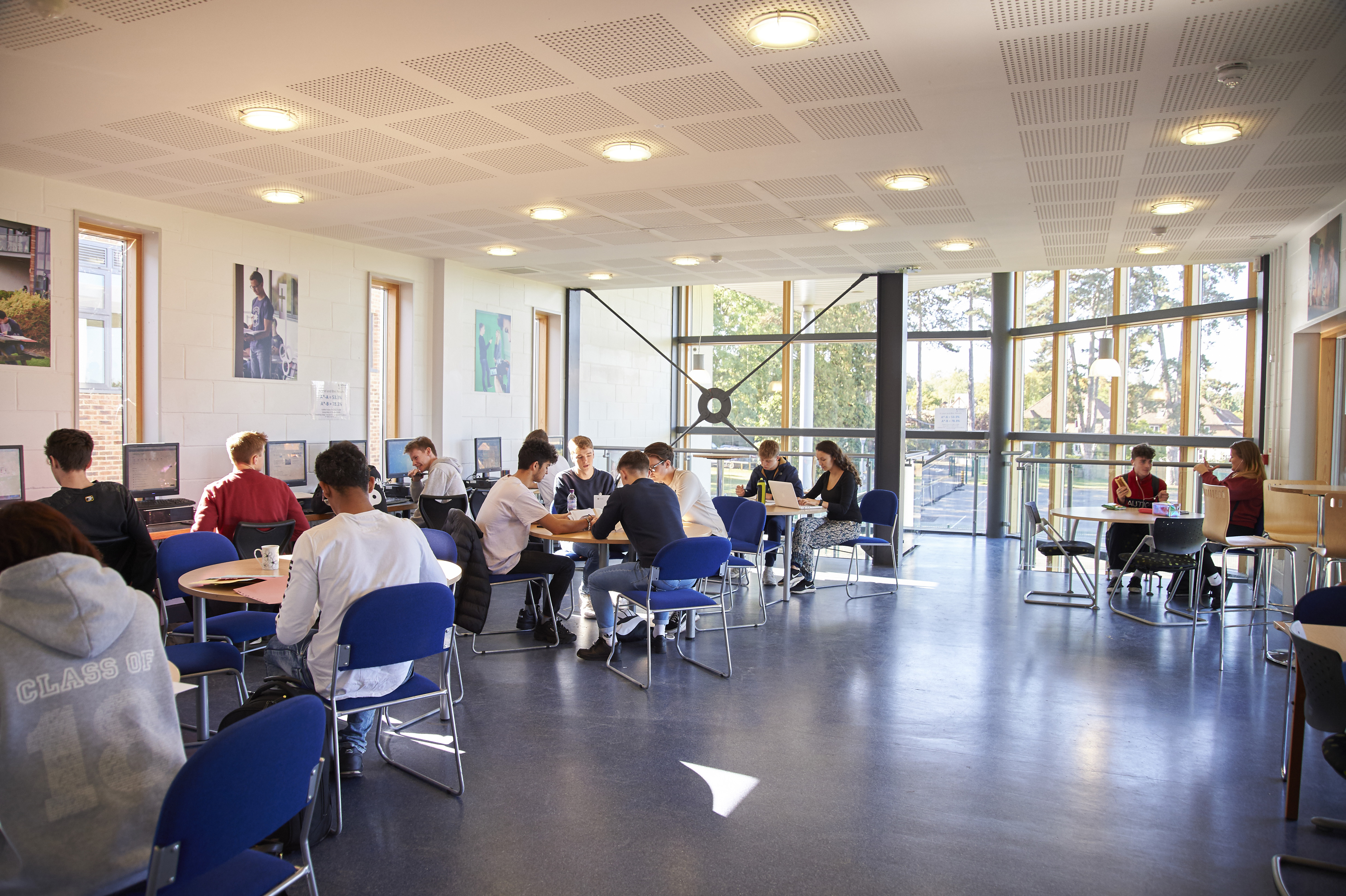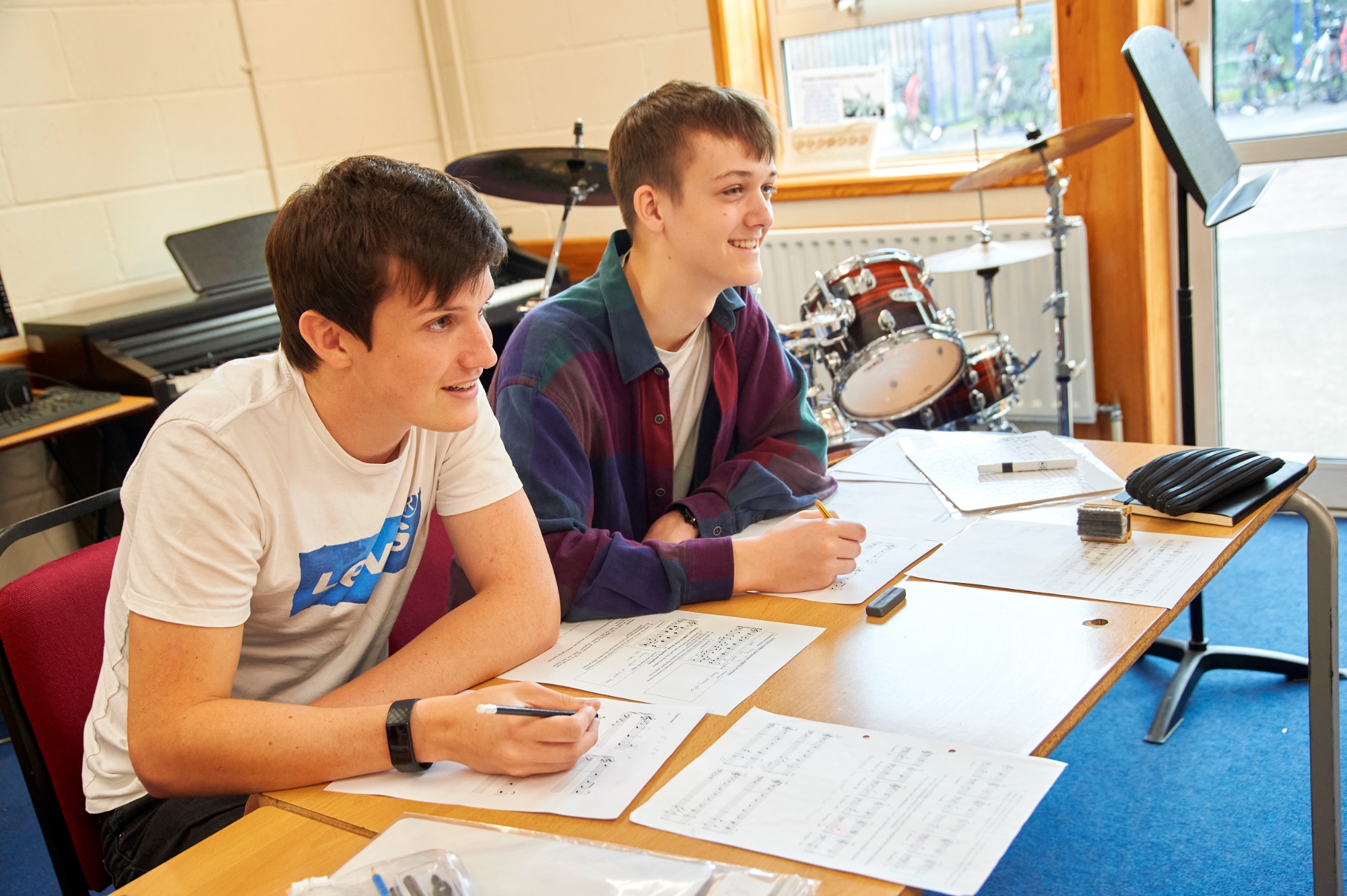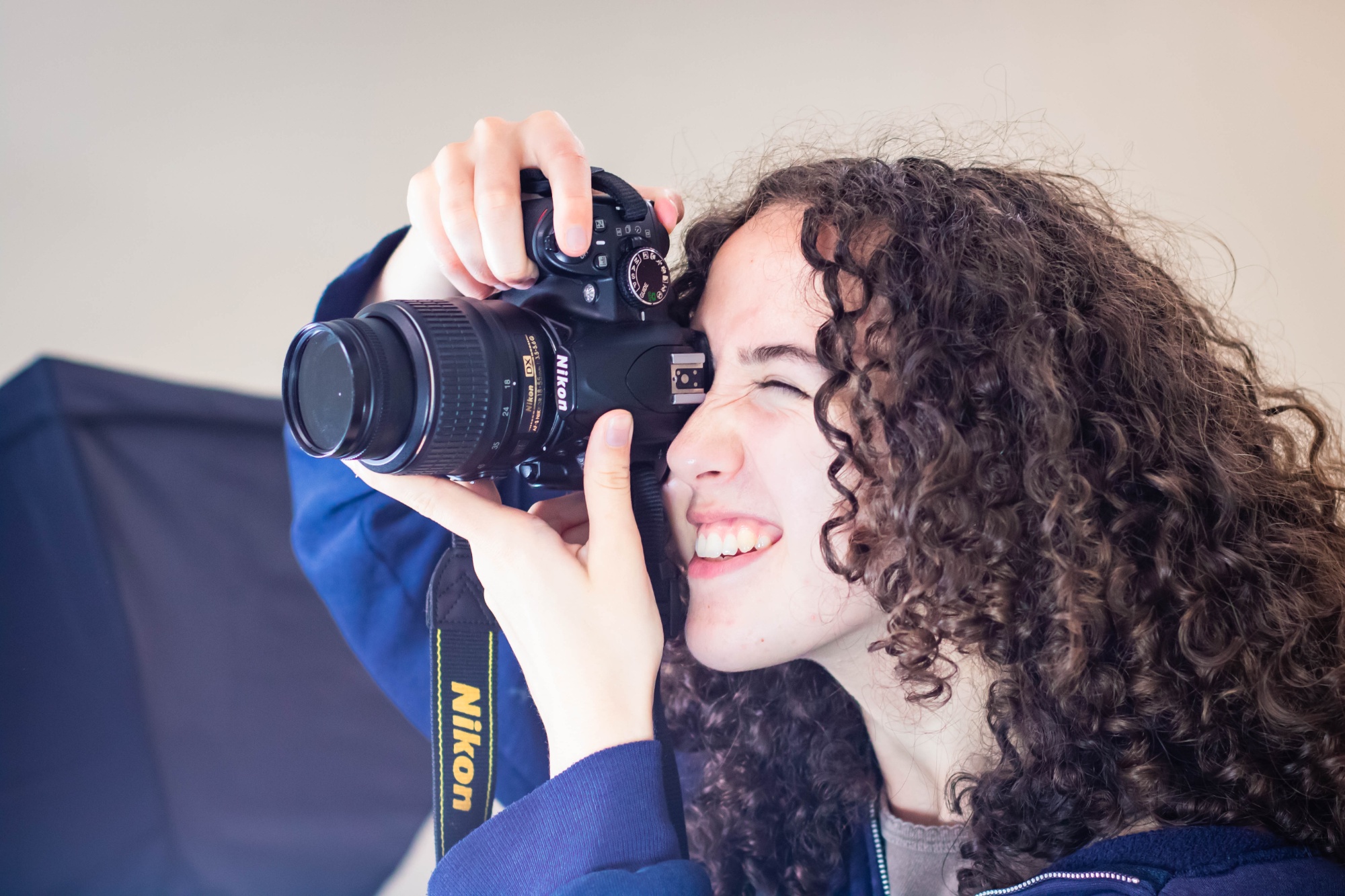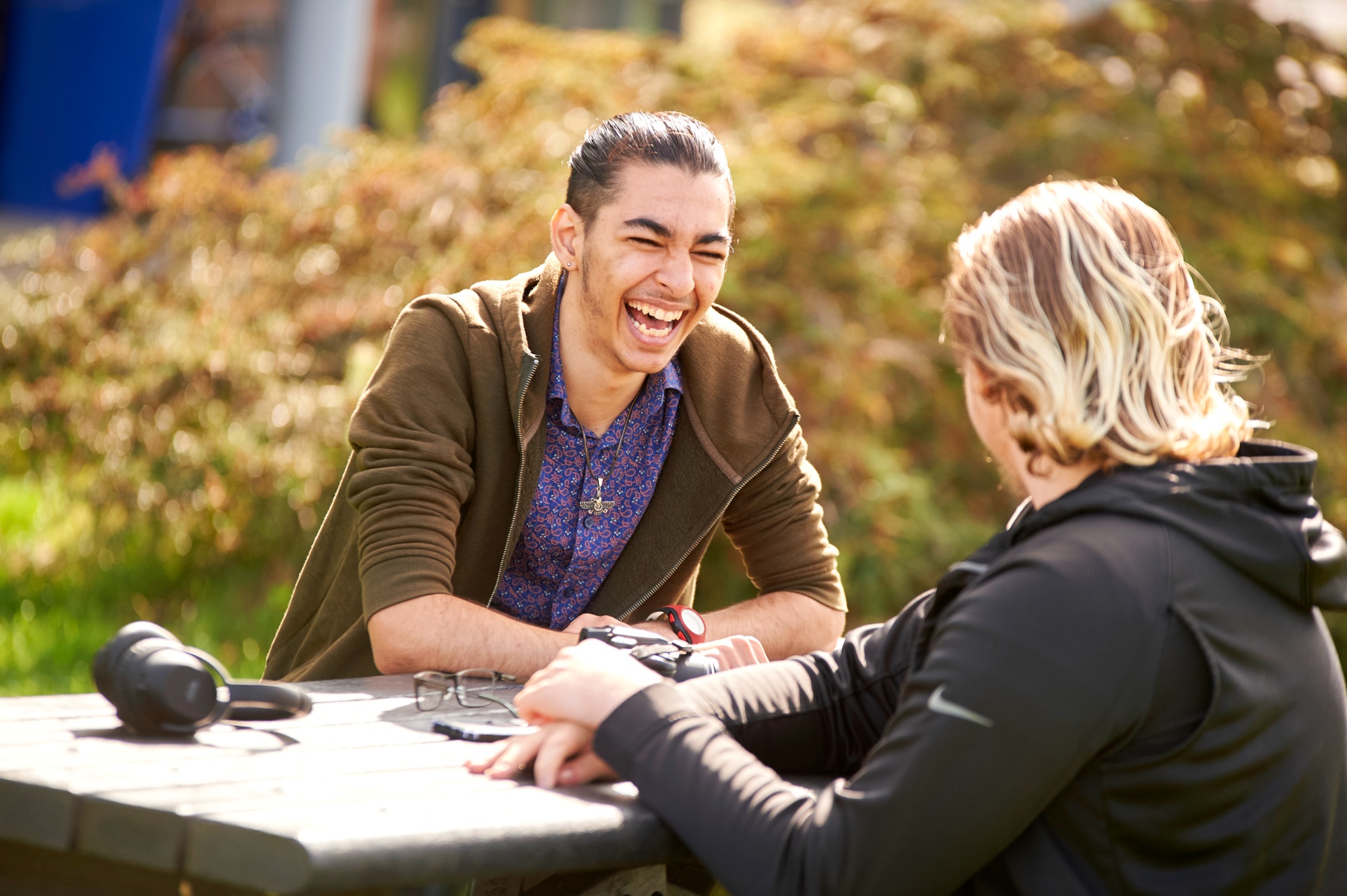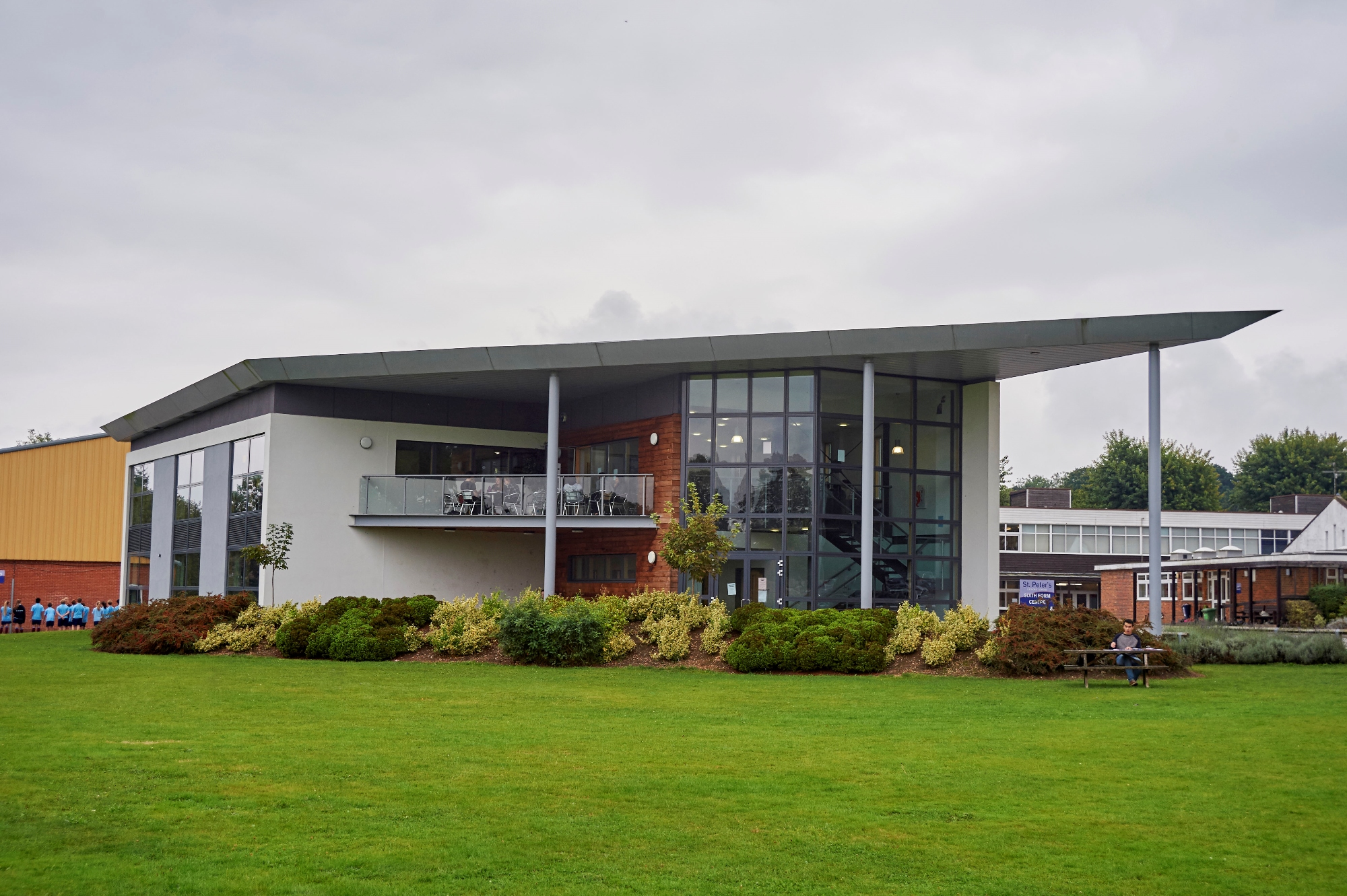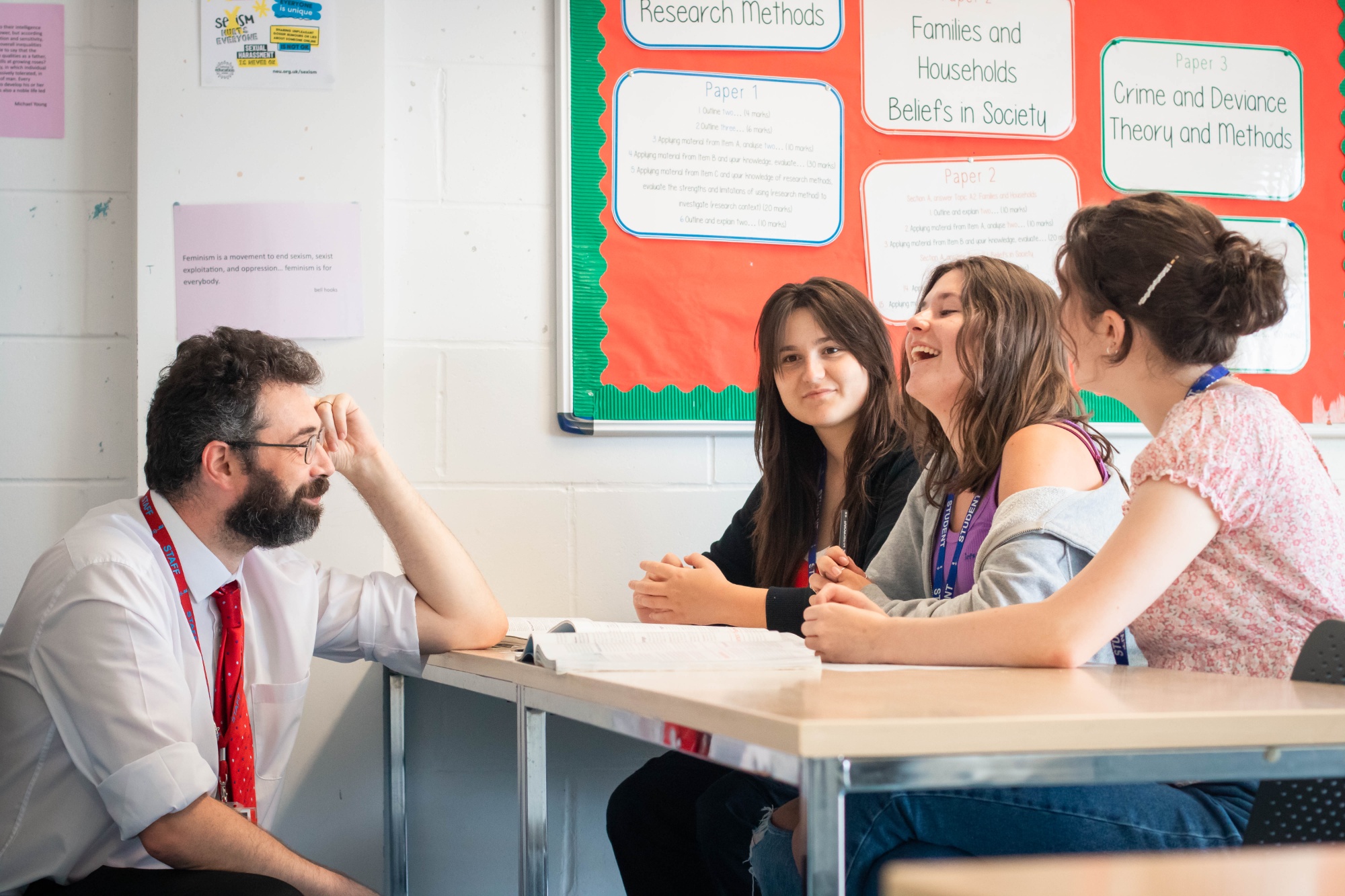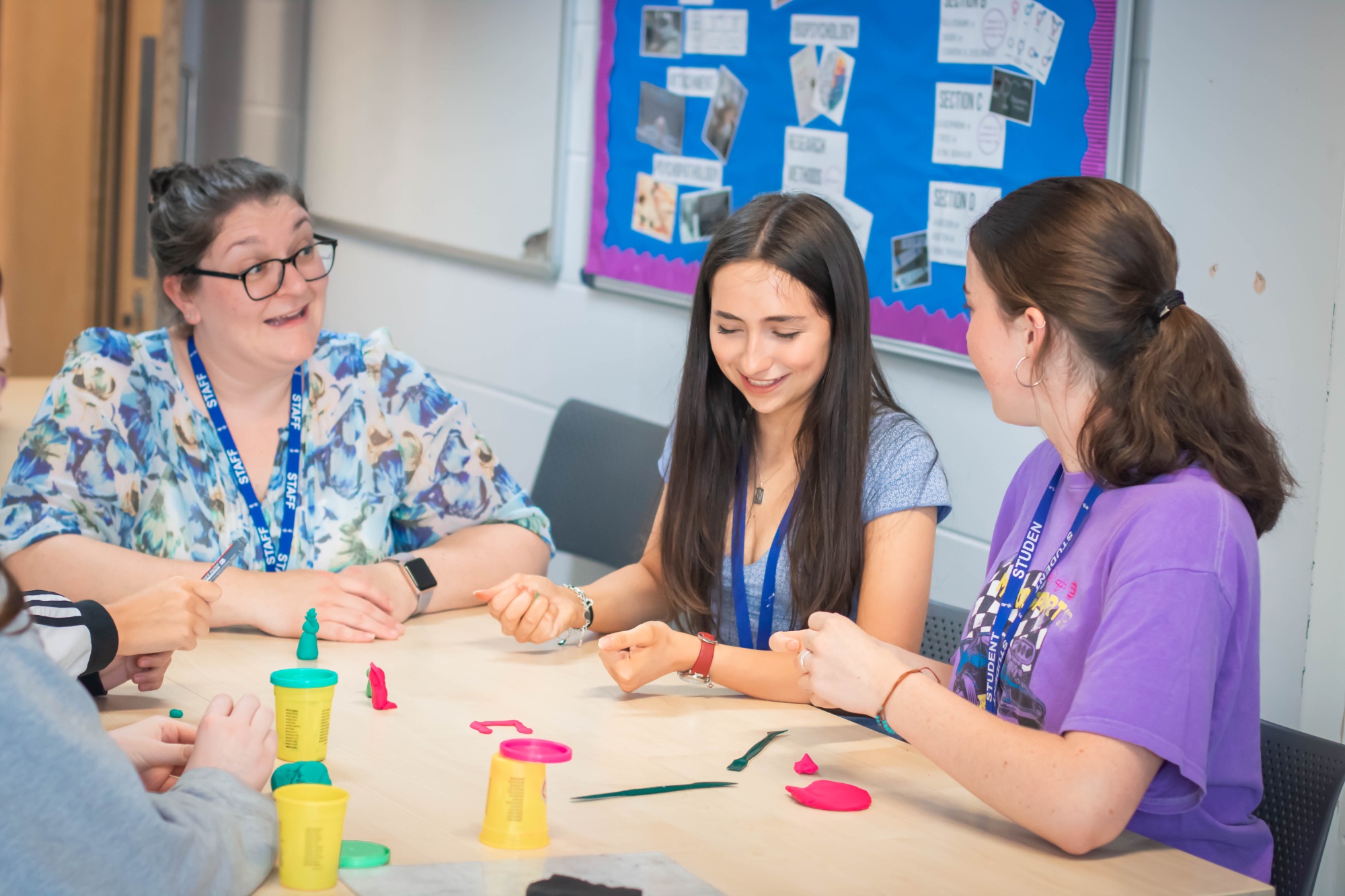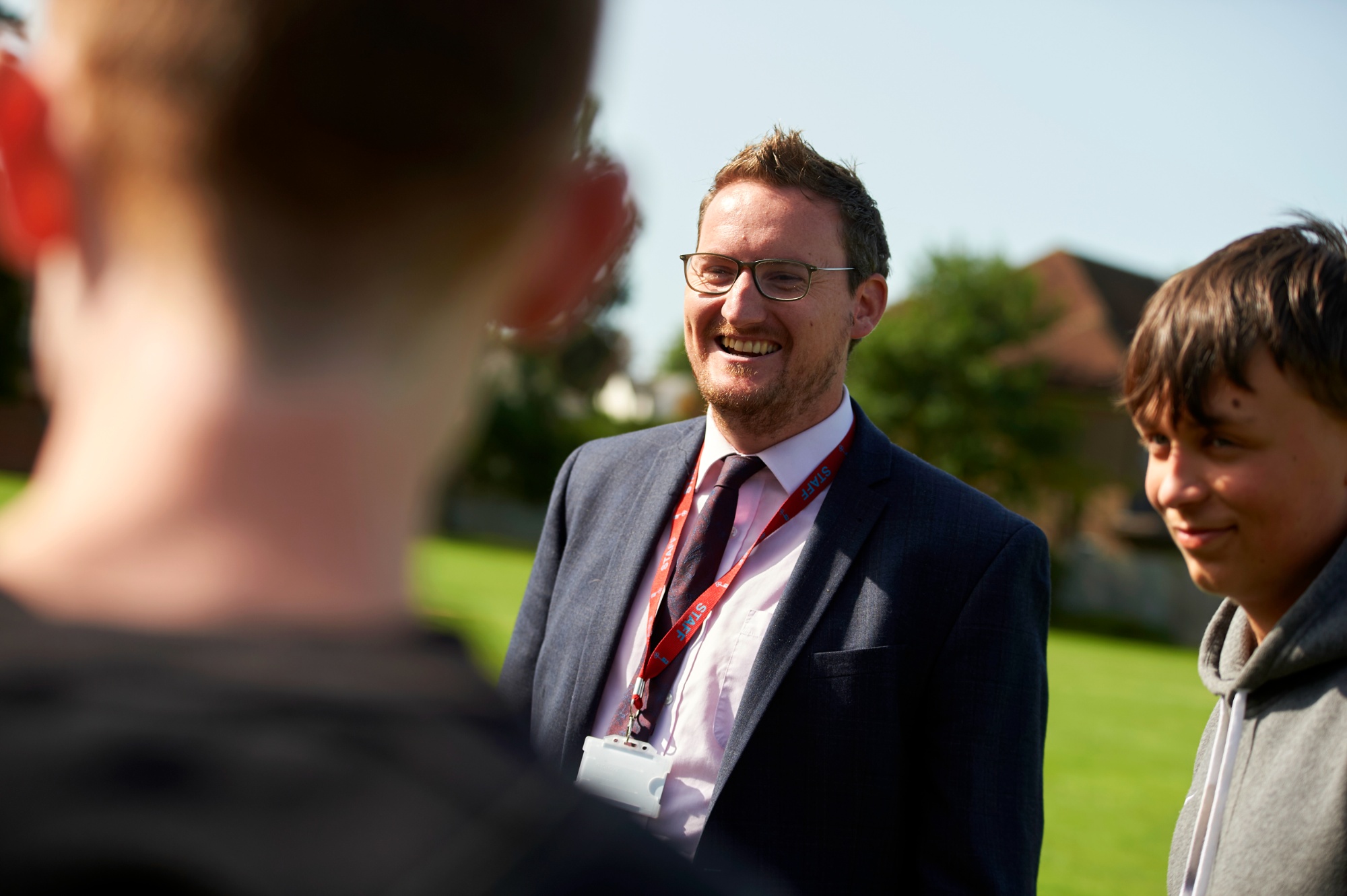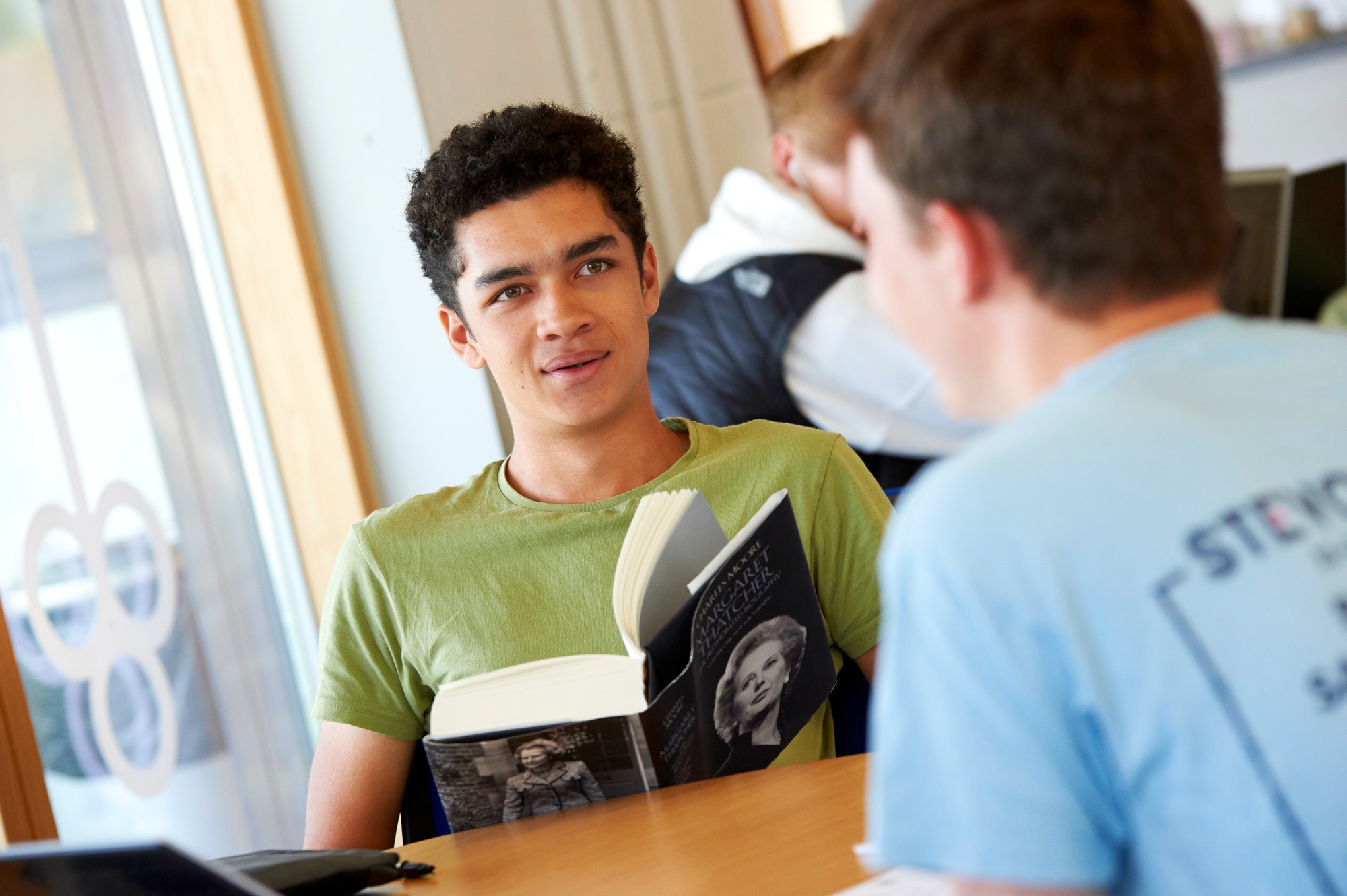Religious Studies: Philosophy and Ethics
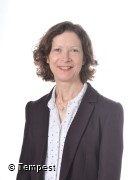 Ms H Fogell
Ms H Fogell
Head of Religious Studies (RE)
THE TEAM
| Mrs I Campbell | Teacher of Ethics |
| Ms H Fogell | Teacher of Philosophy |
| Mrs M Morling | Teacher of Religious Studies |
| Miss F Pollard | Teacher of Ethics |
| Mr M Steady | Teacher of Philosohpy |
INTRODUCTION TO THE DEPARTMENT
Welcome to the Religious Education Department. At the core of Catholic education lies the Christian vision of the human person. This vision is expressed and explored in classroom religious education. Therefore, classroom religious education is at the heart of our school’s mission to be ‘Christ to all’. Our purpose is to provide students with a rigorous academic experience in which to engage with the deepest questions of life and find reasons for hope.
Our programme of study is based upon the ‘Religious Education Curriculum Directory for Catholic Schools’ (2012) produced by the Bishops’ Conference of England and Wales. It provides the opportunity for students to learn about religion and from religion to explore a personal response to what they have learnt. We aim to develop skills of knowledge, understanding, analysis and evaluation and confidence in using religious language so that students are able to discuss their learning and reflections in an articulate manner.
Why study Religious Studies: Philosophy and Ethics?
You will develop a passion for discussing moral issues and investigating topics which affect the society within which we live. Some of the skills you develop are transferable to other subjects, such as the ability to analyse and think critically, and the ability to discuss the strengths and weaknesses of an argument.
Future academic and career pathways
This is unanimously recognised by Russell Group universities as an academic and challenging subject. It is useful for studying Theology, Philosophy, Medicine, Law, History, Languages, Art, Architecture and others at university. It will support careers in teaching, journalism, business, pharmaceuticals, medicine, scientific research, corporate roles, youth and social work and law.
Course content
Students will be studying the AQA syllabus.
Year 12
- Philosophy of religion - arguments for the existence of God; evil and suffering; religious experience
- Ethics and religion - normative ethical theories (natural moral law, situation ethics, Aristotle's virtue ethics); application of ethical theories
- Christianity - sources of wisdom and authority; God; self, death and afterlife; good conduct and key moral principles; expressions of religious identity
Year 13
- Philosophy of religion - religious language; miracles; self, death and afterlife
- Ethics and religion - meta-ethics: the meaning of right and wrong; free will and moral responsibility; conscience; Bentham and Kant
- Christianity - religion, gender and sexuality; religion and science; religion and secularisation; migration and religious pluralism
Throughout both Year 12 and 13 students will be prepared for the Dialogues aspect of the course (examined in Paper 2), which covered the dialogue between Christianity and philosophy and the dialogue between Christianity and ethics.
Assessment
The course is assessed through two exams (each paper is three hours long). Paper 1 covers Philosophy of religion and ethics. Paper 2 covered Christianity and dialogues.
Extracurricular opportunities
- Conferences
- Lectures
- Trip to Poland (Krakow and Auschwitz)
Course requirements
Minimum of grade 6 in GCSE Religious Studies and a grade 6 in GCSE English Language or English Literature. Students should enjoy reading, challenging their own and others’ ideas and discovering new ways of thinking. They need to be able to discuss and share their opinions with the class. Students are required to think critically and express an alternative view to their own. Students should have good essay writing skills as examinations consist solely of essay questions.

